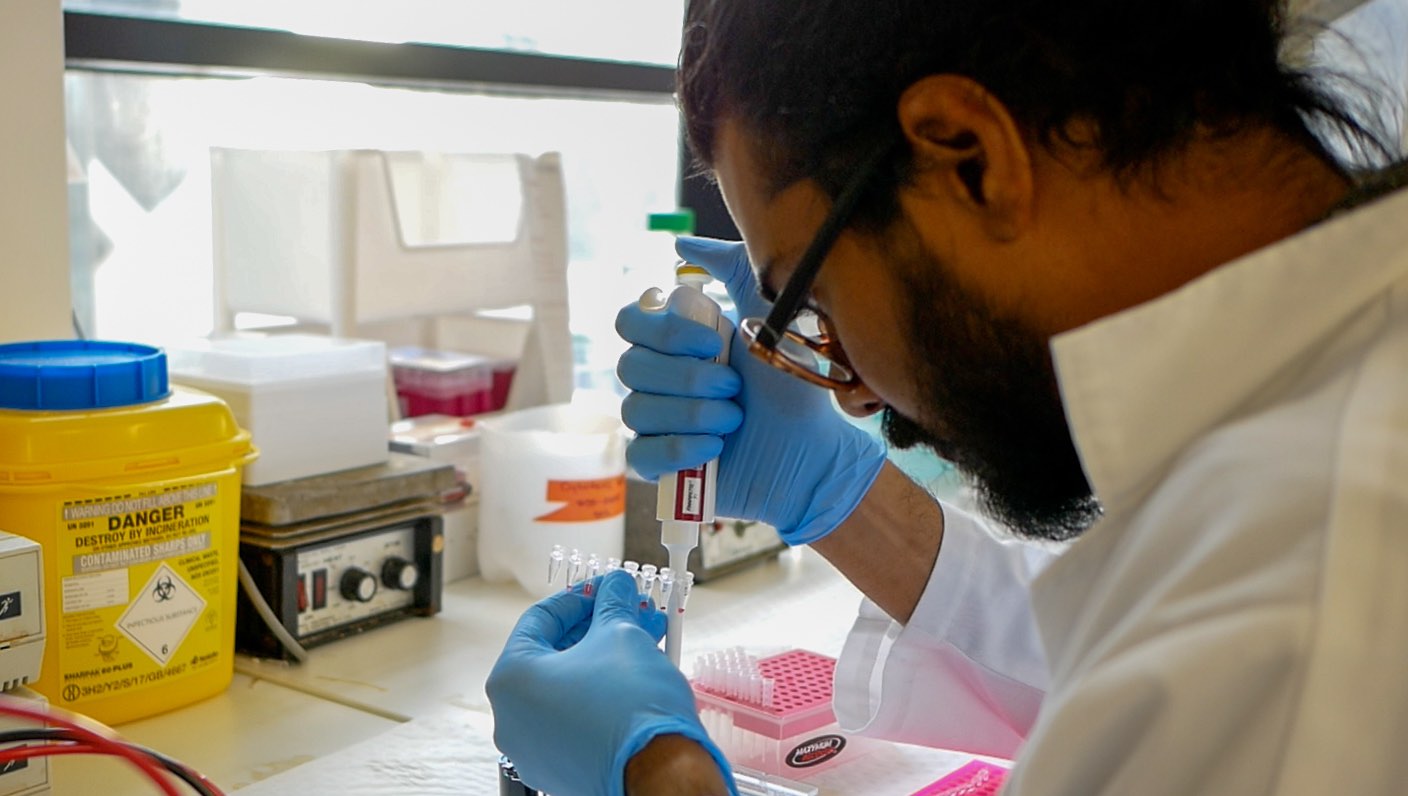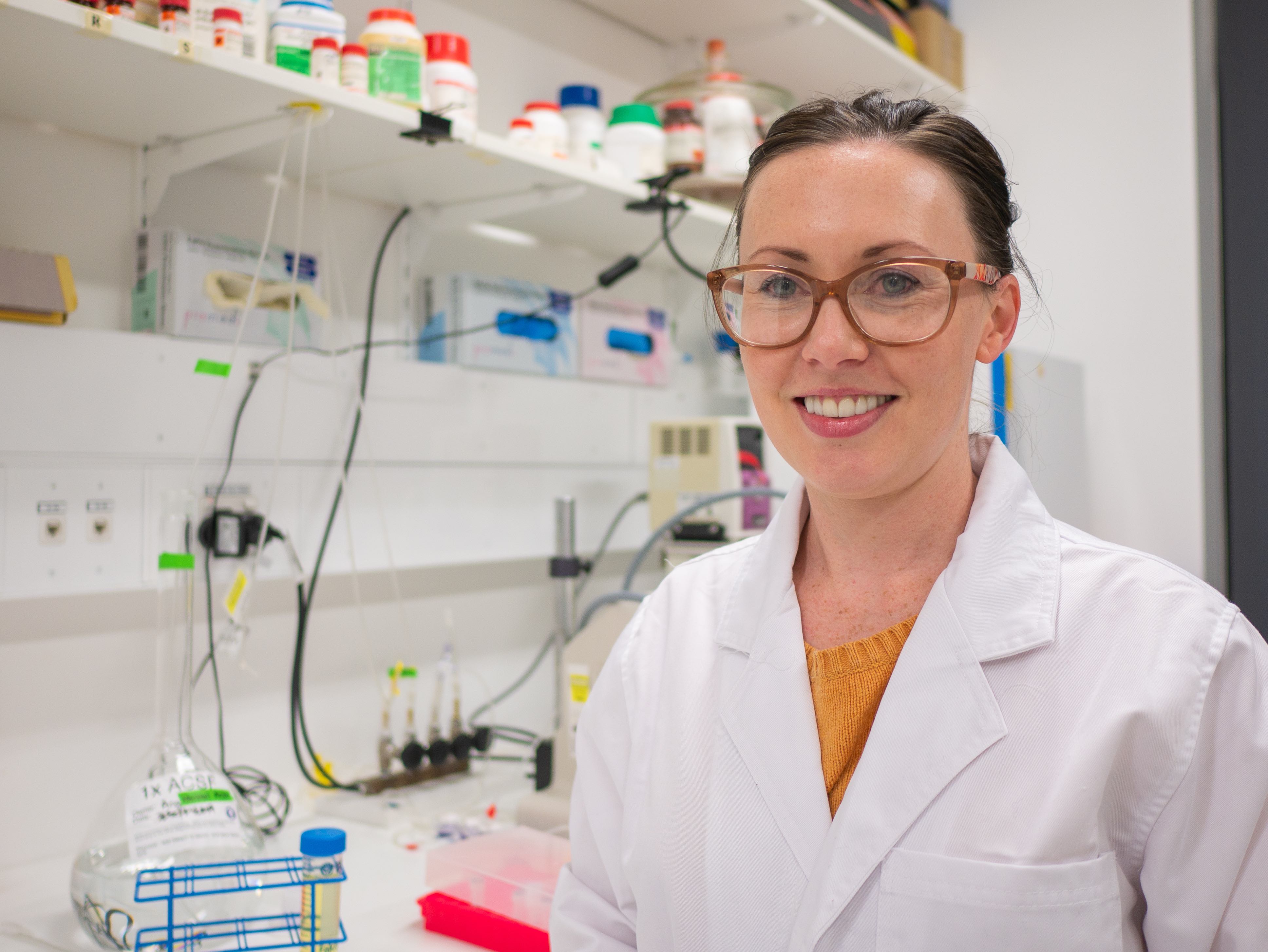If you’re not creative, it’s pointless.

In a Science Week special, PhD candidates answer the question “what is your favourite part of the scientific process?”
In preparation for National Science Week, I sat down with PhD students from each of the departments at JCSMR. I wanted to know more about what the students were studying, and how they came to be part of the JCSMR community.
One of the questions I asked each student was “what is your favourite part of the scientific process?”
At the core of biology, and other sciences, lies a problem-solving approach called the scientific process. As part of this process, scientists ask different questions and perform different tests. However, they use the same core approach to find answers that are logical and supported by evidence.
My understanding of the scientific process was that it is rigorous and unyielding. I was surprised, then, when each student had a different answer. Here’s what they said.
Cynthia Turnbull – The Vinuesa Group
“My favourite part of the scientific process has to be coming up with the hypothesis at the beginning
“It sounds a little bit boring” Cynthia said with a small shrug “but that’s when you have the most fun. It is a chance to be creative.”
“Not many people think that you can be creative in science.” said Cynthia, and I secretly agreed to being one of those people (see my earlier comments about the unyielding nature of the scientific process).
“But actually, I think that if you’re not creative it’s pointless.”
“You need to be able to think outside of the box and come up with different ideas, along with different ways to test them. Not only in the lab, but then also figuring out how you can analyse it after.”
“That is my favourite part because it’s when I feel most like a scientist.”
Nathan Reynolds – The Dehorter Group

“I like testing the hypothesis” said Nathan, with a chuckle. “I don’t care if I get a negative result, I just like having an idea and then putting it to the test.”
“You see a lot of people online who say, ‘I have this idea’ and then have no way to go about testing it, apart from maybe watching some dodgy YouTube videos… I think it’s really cool that we [scientists] get to test our ideas and share them with the world.
“It is nice to have that little bit of a contribution and have the opportunity to think a bit more abstractly.”
Matt Witney – The Tscharke Group

“I’m always excited in science by finding out about other people’s scientific progress. Seeing those advances.”
“In doing so, I enjoy creating experiments by reading about other people’s work and using that to help guide my own experiments. That is what I find really exciting.”
It is clear that Matt loves learning new things as he goes on to say, “that’s probably one of the reasons why I went into science in the first place.”
Lithin Louis - The Preiss Group
“My favourite part is about communicating science” said Lithin enthusiastically.
“I get a lot of satisfaction when people come up to me and say, ‘well I didn’t know that, but now I do because of you.’”
“That gives me a lot of satisfaction and happiness.”
Whilst science communication isn’t strictly one of the five steps of the scientific process, sharing new information both between scientists and non-scientists is crucial to discovery.
“That is what brings joy to me” he says, and I can see in smile that he is passionate about it.
Angela Nicoli – The Billups Group

“My favourite part is the analysis. Not that I love statistics in particular,” Angela said with a smile, “but I love what they bring in that you get answers to the questions you set out to answer.”
“You spend all your time gathering your data and the by the end of it you can sit down and look at things in a much more impartial way and see if there is a result to be had. That’s a cool part of the process.”
After giving me flashbacks to my Year 12 maths teacher, who couldn’t get enough of statistics, Angela described the moment after the first year of her PhD when she sat down with her supervisor to discuss the data that she had been collecting for the last 12 months.
“The day that we sat down and did the final analysis I was able to find out I had a significant result, which was a new discovery in the field.”
“It was cool to have that moment where you’re the only person to know what the discovery is.”
You can watch the rest of the interviews with each of these students by subscribing to our Behind the Curtin playlist on the JCSMR YouTube channel – where a new interview will be released each day of Science Week.
If you’re interested in finding out what your favourite part of the scientific process is, you should study Honours or a PhD at the John Curtin School of Medical Research at ANU. We are ranked number one in Australia for teaching and research.

